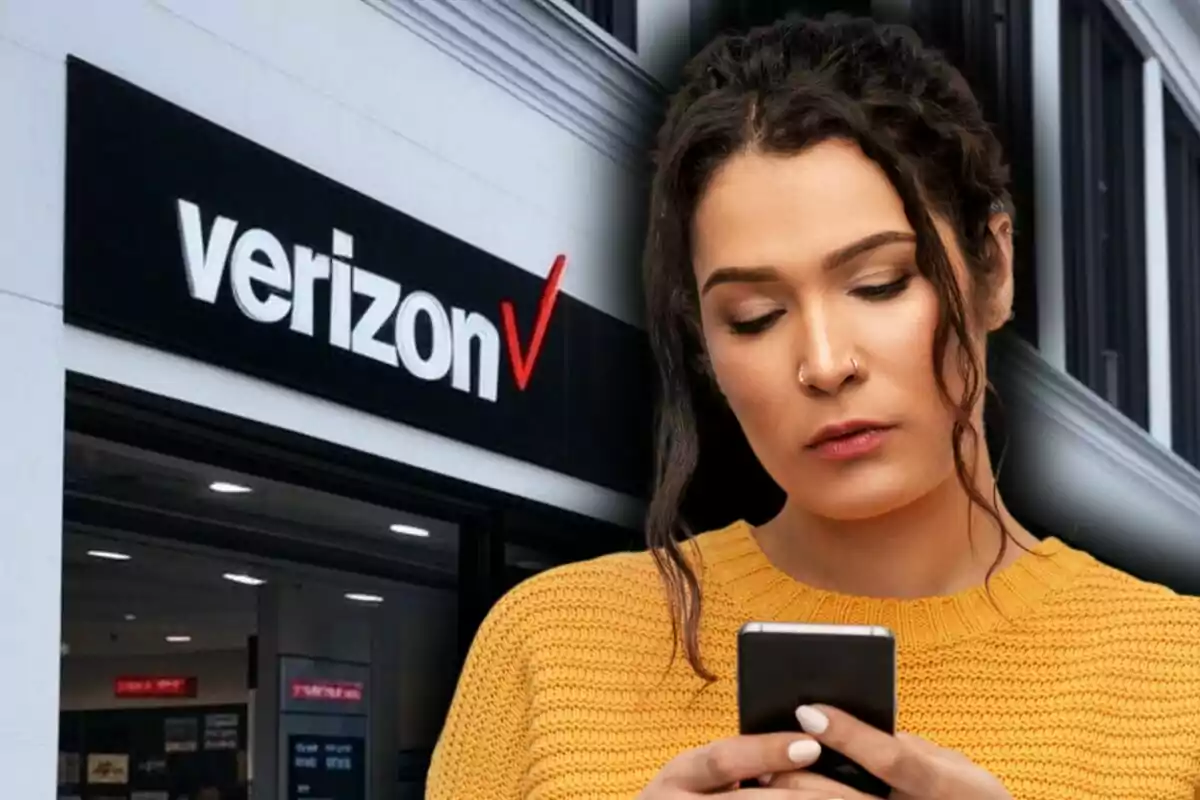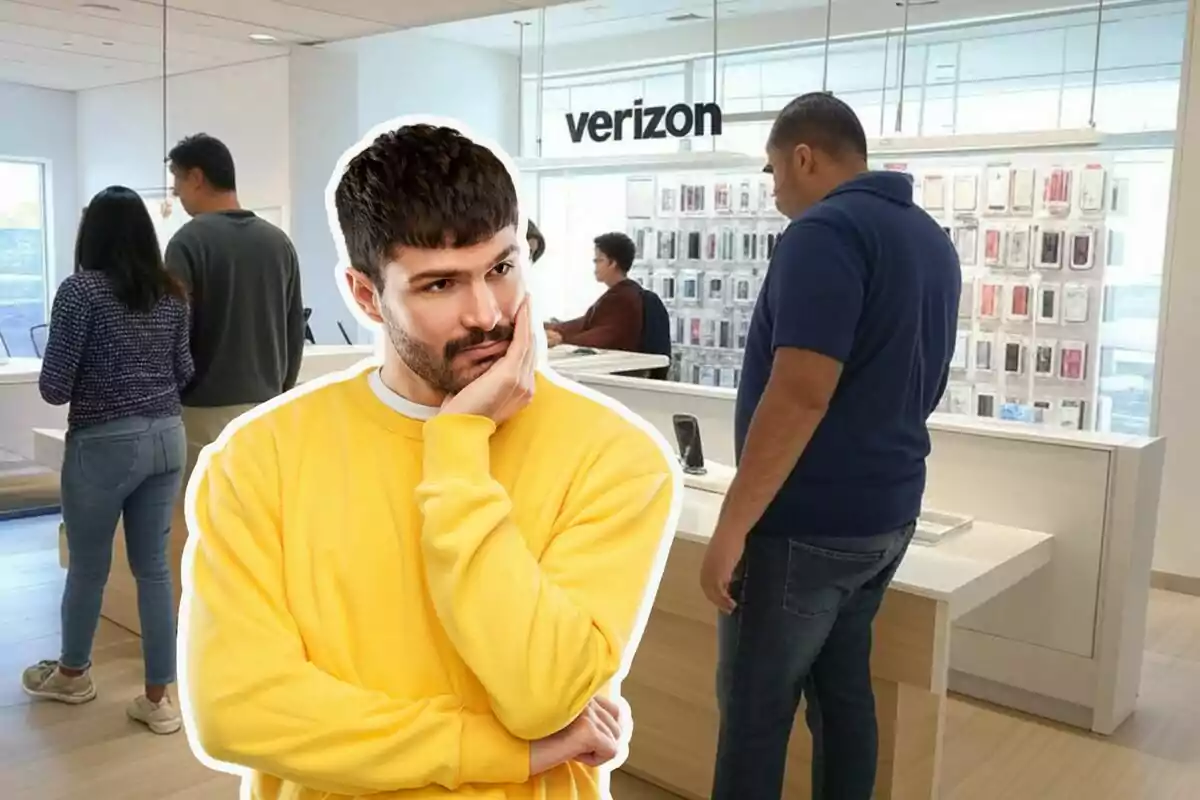
Thousands of Americans warn Verizon: This gesture could cost them dearly
Verizon faces a major dilemma, while many customers show their discontent
Thousands of mobile phone users in the United States are raising their voices against Verizon. The reason is clear.
Many customers are demanding that the company unlock their phones after 60 days from activation. This is stipulated by the current rules of the Federal Communications Commission (FCC). However, Verizon is pushing for that rule to be eliminated.
This has caused discontent among its users. Especially with the imminent launch of T-Mobile's satellite service.

Verizon causes discontent
The problem goes beyond simple unlocking. Many customers feel that they are being harmed. If their phones remain locked by Verizon, they won't be able to access new technological features such as the mobile satellite service that T-Mobile will offer.
This innovation could be crucial for those who live in areas without good mobile coverage. It will allow users to send messages even without terrestrial signal. However, to use it, users who aren't direct T-Mobile customers will need an active eSIM in their phone.
That's where the problem comes in. Phones locked by Verizon can't use this feature, leaving out thousands of people.

In its beta version, it's free for everyone. But when it's fully operational, Verizon and AT&T customers who want access will have to pay $10 per month. In addition to having a compatible and unlocked device.
The operator keeps its stance
Verizon, meanwhile, claims that keeping this 60-day unlocking requirement makes them more vulnerable to fraud. This makes it easier for subsidized phones to be trafficked out of the country. In addition, it argues that the rule prevents it from offering certain discounts.
The company insists that it's not fair that only some operators, like them, are required to follow this policy. It also proposes that it be reviewed for the entire industry.
What's curious is that Verizon accepted this condition in 2008 when it bought the 700 MHz spectrum. Years later, it strengthened its commitment when it acquired Tracfone in 2021. However, now its stance has changed.
The FCC is considering whether it should keep this obligation or apply a common policy to all operators. Including T-Mobile and AT&T, which have also filed similar complaints.
Meanwhile, the launch of T-Mobile's satellite service, with more than 1.8 million Starlink users, including thousands from Verizon, is changing the game. Consumers want the freedom to choose and take advantage of new technologies without being tied to a single company.
More posts: